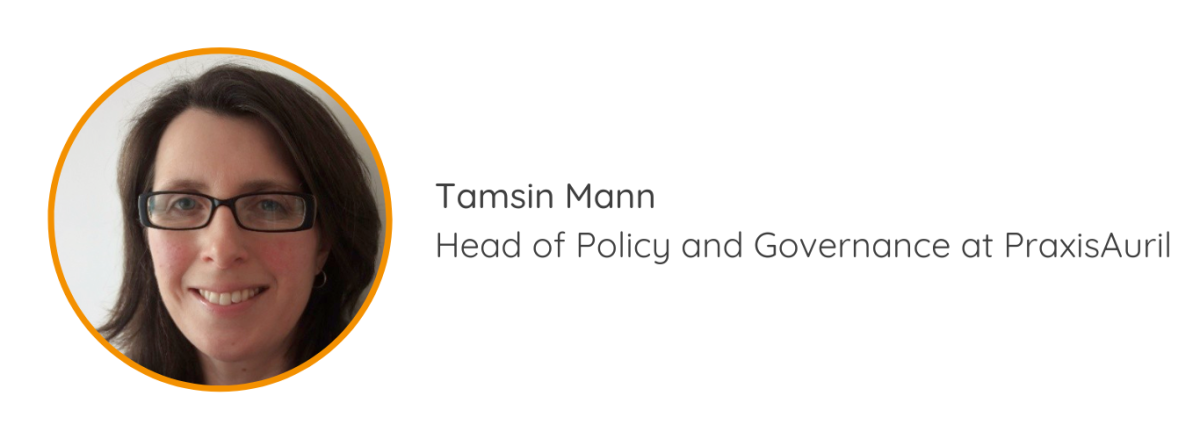KEF3 outcomes have been published by Research England, updating each HEP’s KEF profile in the context of a cluster peer group. The underlying methodology has not changed so, with the addition of another year of HE-BCI data, the KEF is becoming a more powerful tool to compare activity – to see the scale of change in a particular cluster or at an individual HEP. Through updated narrative statements, HEPs are also able to draw attention to progress and change in those particular areas of KE.
For a national association like PrA KEF clusters are a useful way to see the landscape of KE activity in England; where our membership sits, and where training delegates come from. This, in turn, helps us to reflect how we can be relevant to a broad and diverse audience as trends in KE activity emerge. While data points mask the actual people involved in knowledge exchange, KEF3 is a reflection of the many creative and collaborative activities going on across our university sector. Coupled with last week’s report on HE-BCI IP-related data the KEF demonstrates continued commitment to knowledge exchange of many types, across many geographies, and within all types of Higher Education Provider enabled and supported by a cohort of dedicated KE professionals.
Context is still key
As with previous iterations, users of the KEF still need to understand how KE is positioned and funded to interpret the dashboards correctly: is a low quartile reflective of a strategic decision not to pursue a particular KE mode, or does it reflect lack of resource? This is important to understand before jumping to conclusions, notably around spinouts; a current and enduring focus of government.
This is where the KEF speaks to the KE Concordat, which is an exercise that focuses on the ‘how’ and the ‘who’ rather than the ‘what’. By scrutinising institutional KE activity and setting priority actions, the KEC sets a forward trajectory of activity that should eventually be broadly reflected in the KEF dashboard. Our goal as a community should be to ensure these two exercises continue to connect and complement each other to provide robust assurance of the who, how and what of knowledge exchange.
David Russell, CEO, PraxisAuril will be Chairing Knowledge Exchange Framework Conference on 17th October. Join for updates to the KEF, areas for improvement and the changing knowledge exchange landscape. For 20% discount on your booking, use code SPKR4082. For more information and to book your place, visit WestminsterInsight.com.
